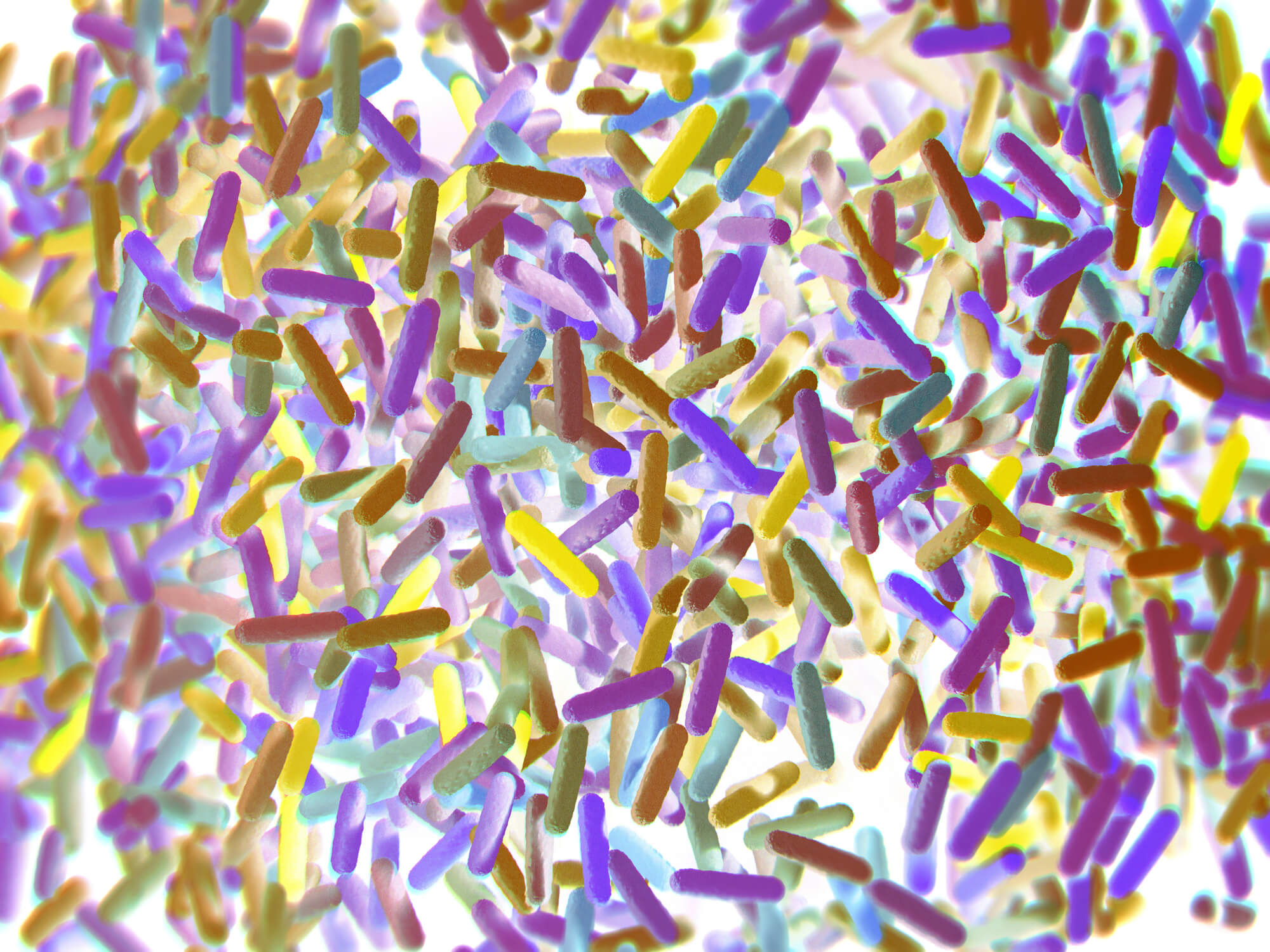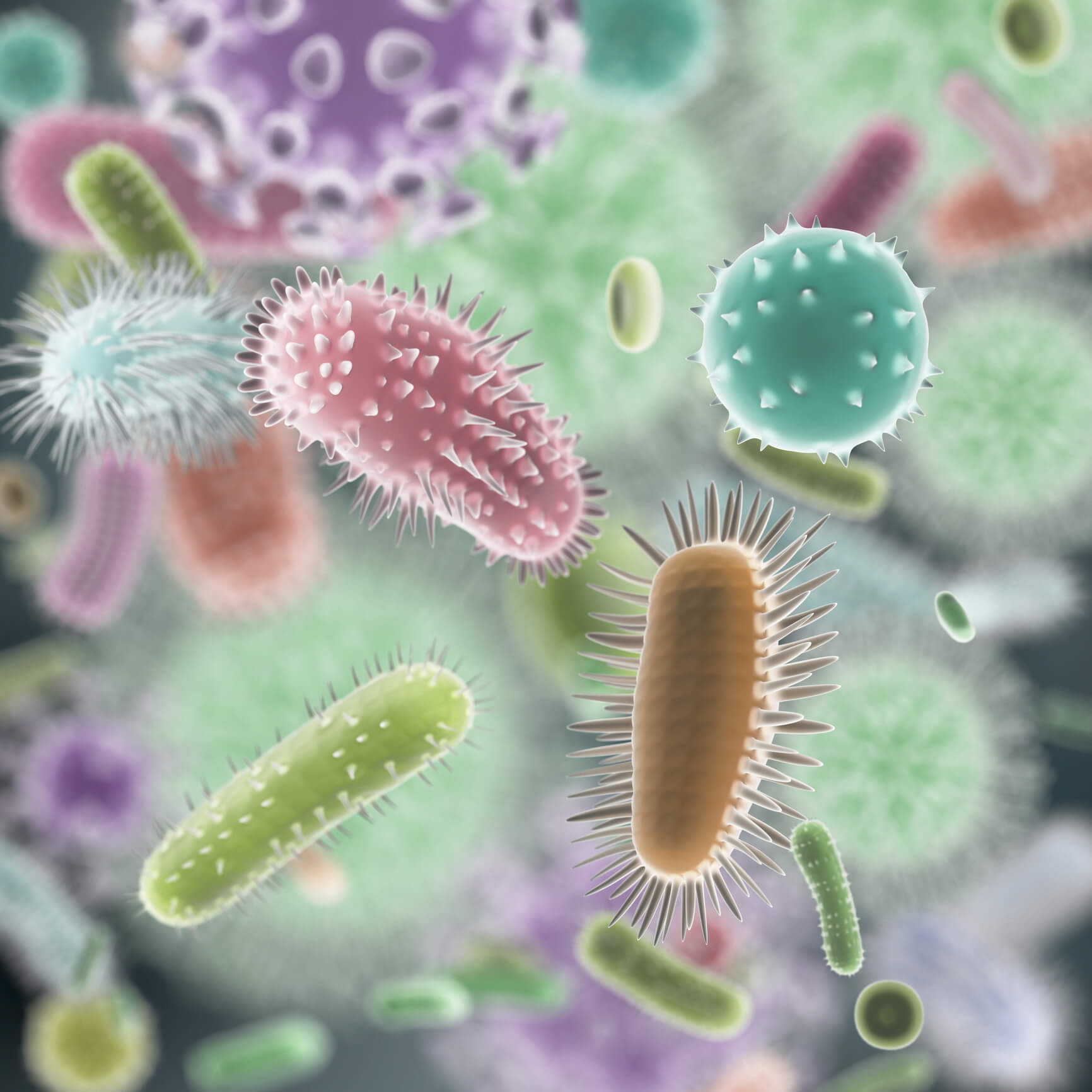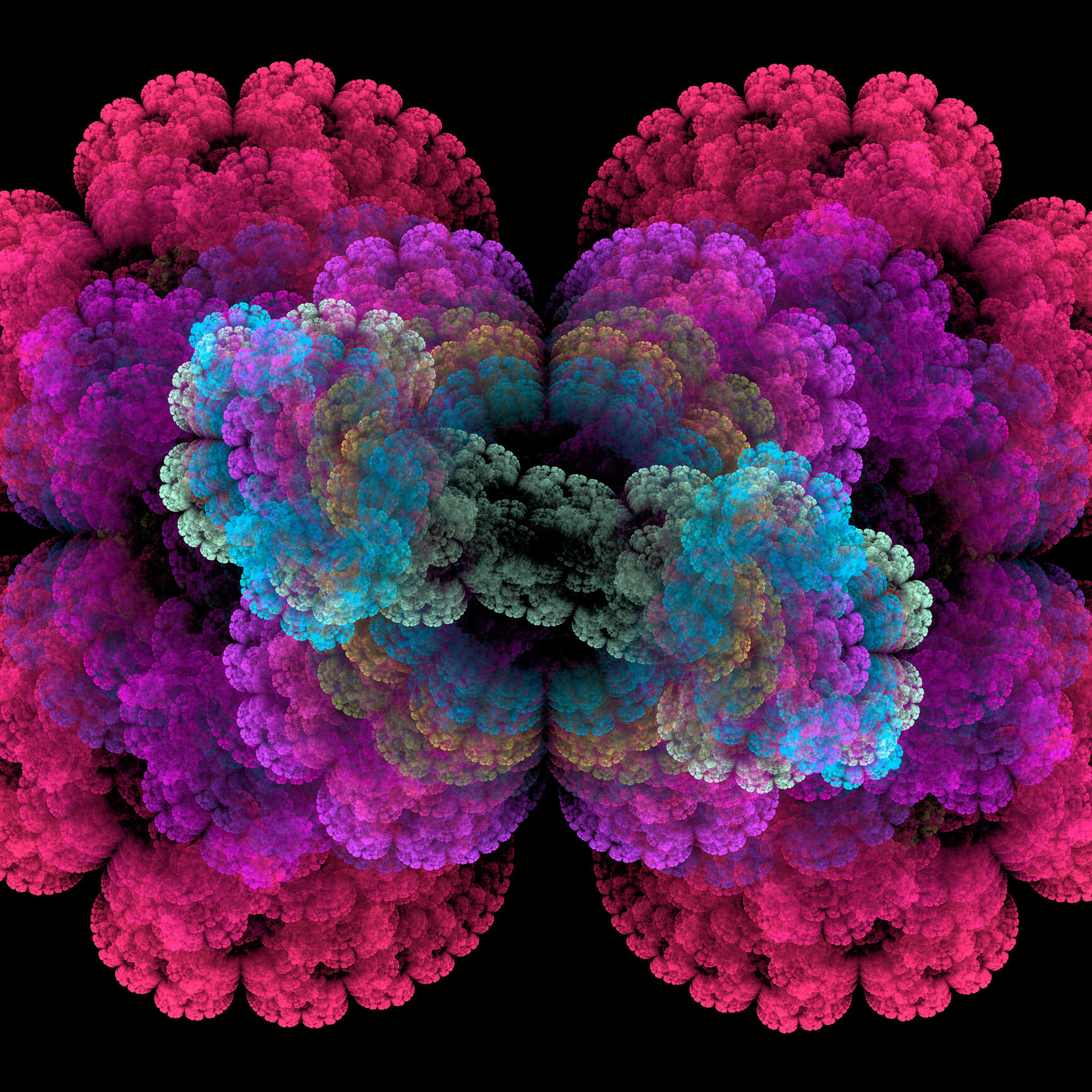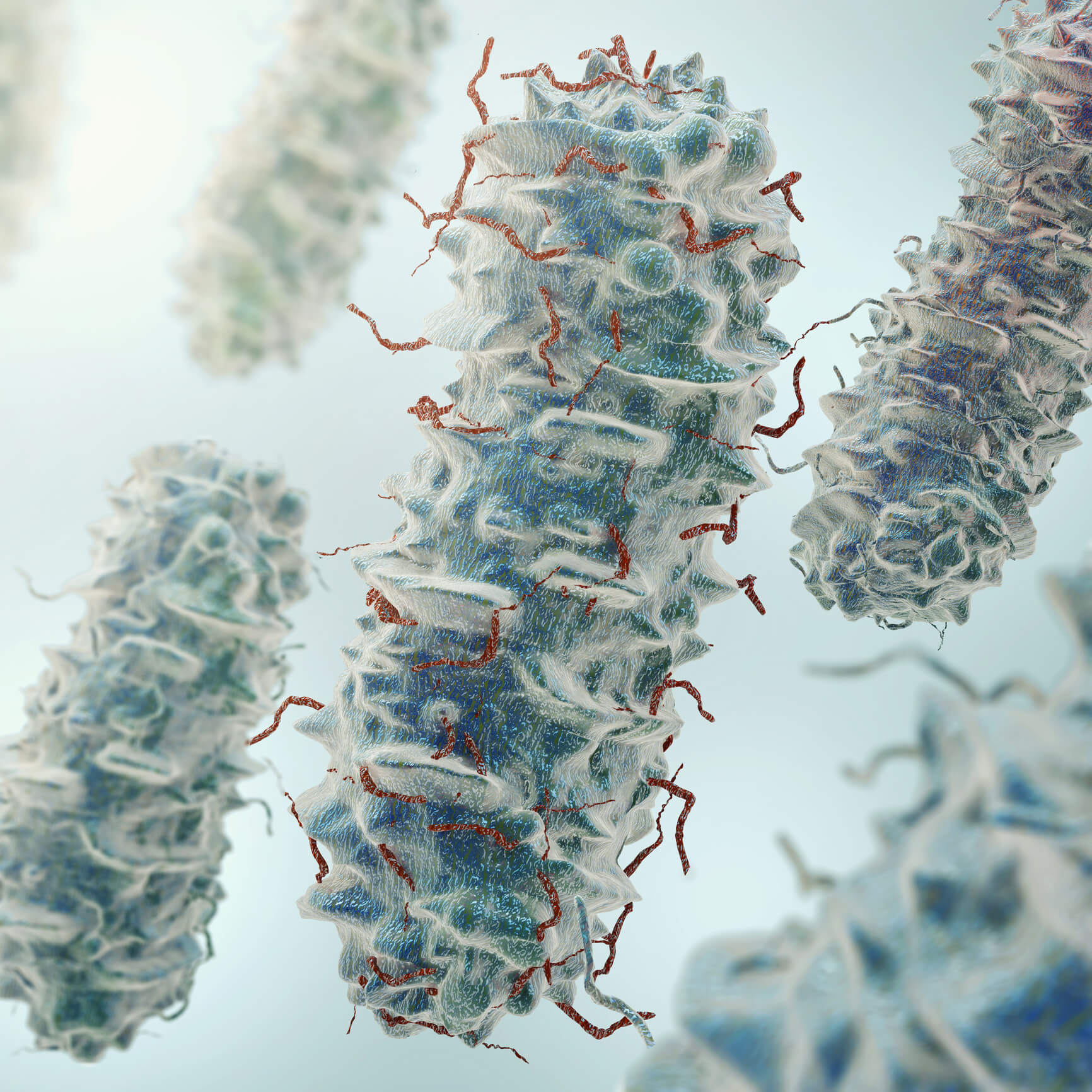Click here for a serum recommendation perfectly adapted to your needs.
Tiny Superheroes
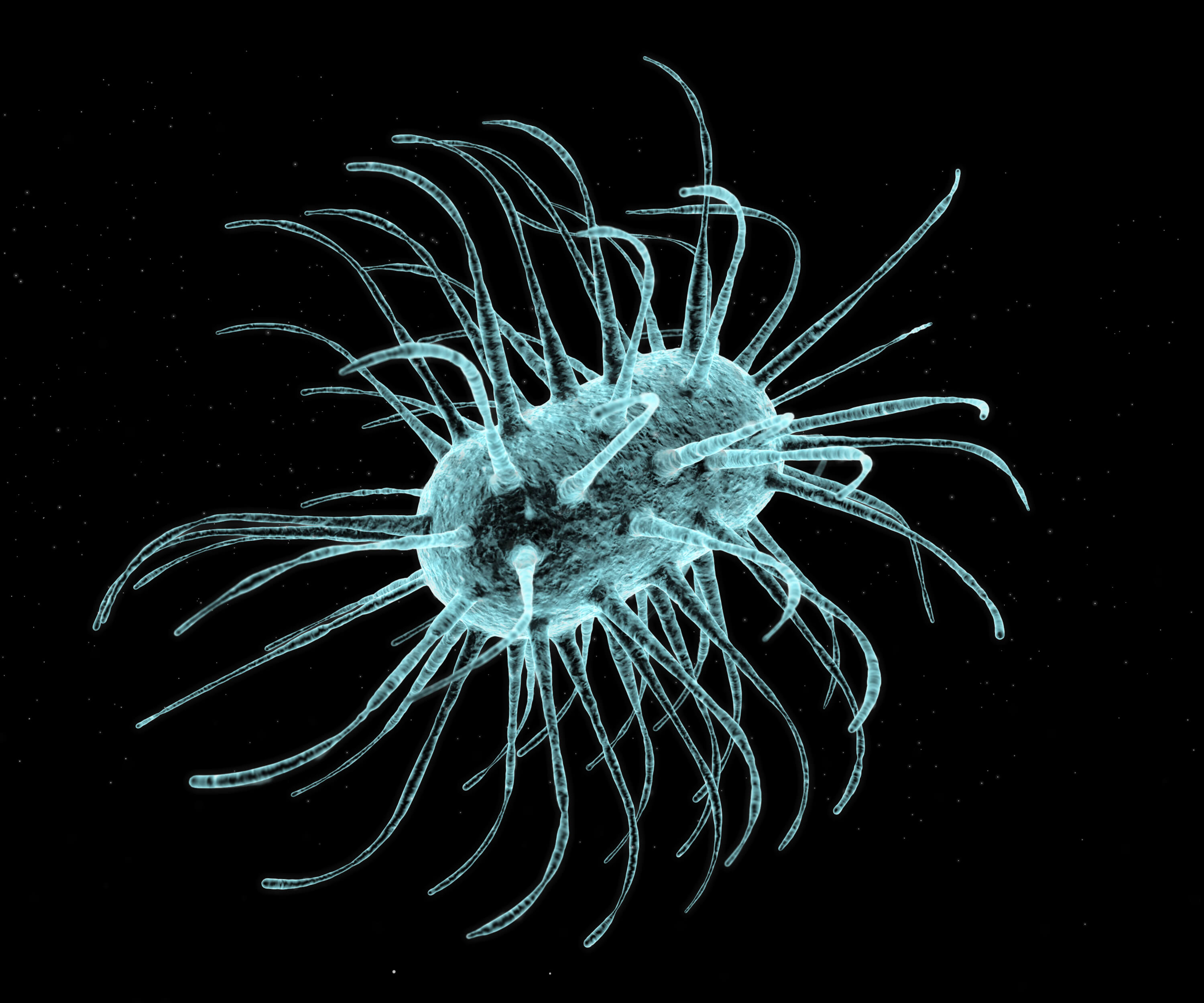
Tiny Superheroes
Bacteria are the smallest living organisms on the planet, usually consisting of only one cell. They are made of 80-90% water, with DNA but no nucleus. They are so tiny that if you laid a million of them end-to-end, they would measure about five centimetres. We find bacteria everywhere: in air, water, soil, inside our body, on our body. They thrive and multiply rapidly by cell division, especially in warm and moist conditions, forming colonies of millions or even billions of organisms in the space of a water droplet.
How numerous are bacteria?
We have 3 times more bacterial cells than human cells in our body, and they weigh about 3 pounds – the same as the brain. Ten years ago, scientists believed that only 200 species of bacteria existed in our bodies, but now we know that more than 10,000 different microbial species occupy our microbiome. Living on our skin alone, each of us has a unique combination of up to 500 different species of bacteria. These bacteria have formed over millions of years of evolution and are there to help us.
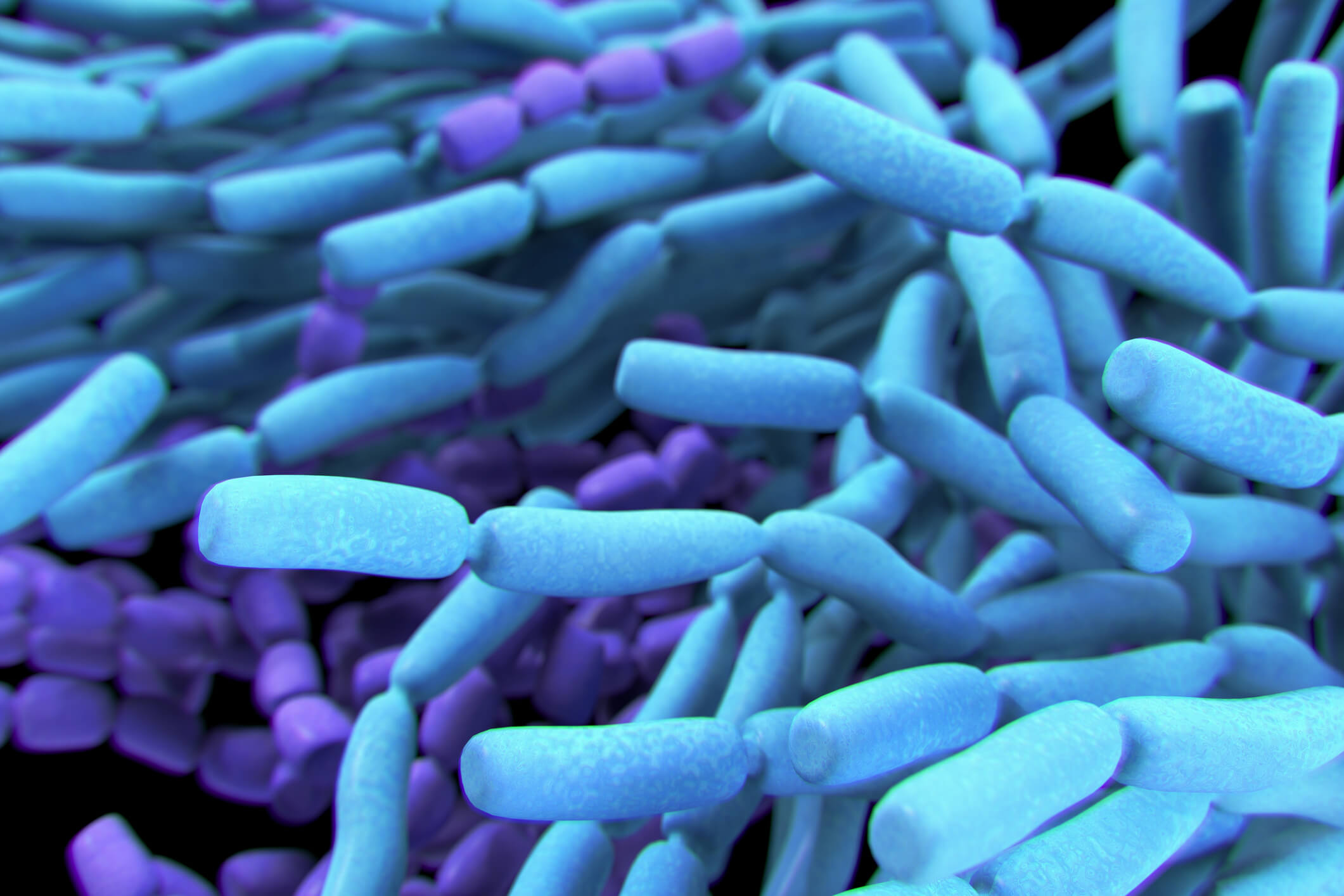
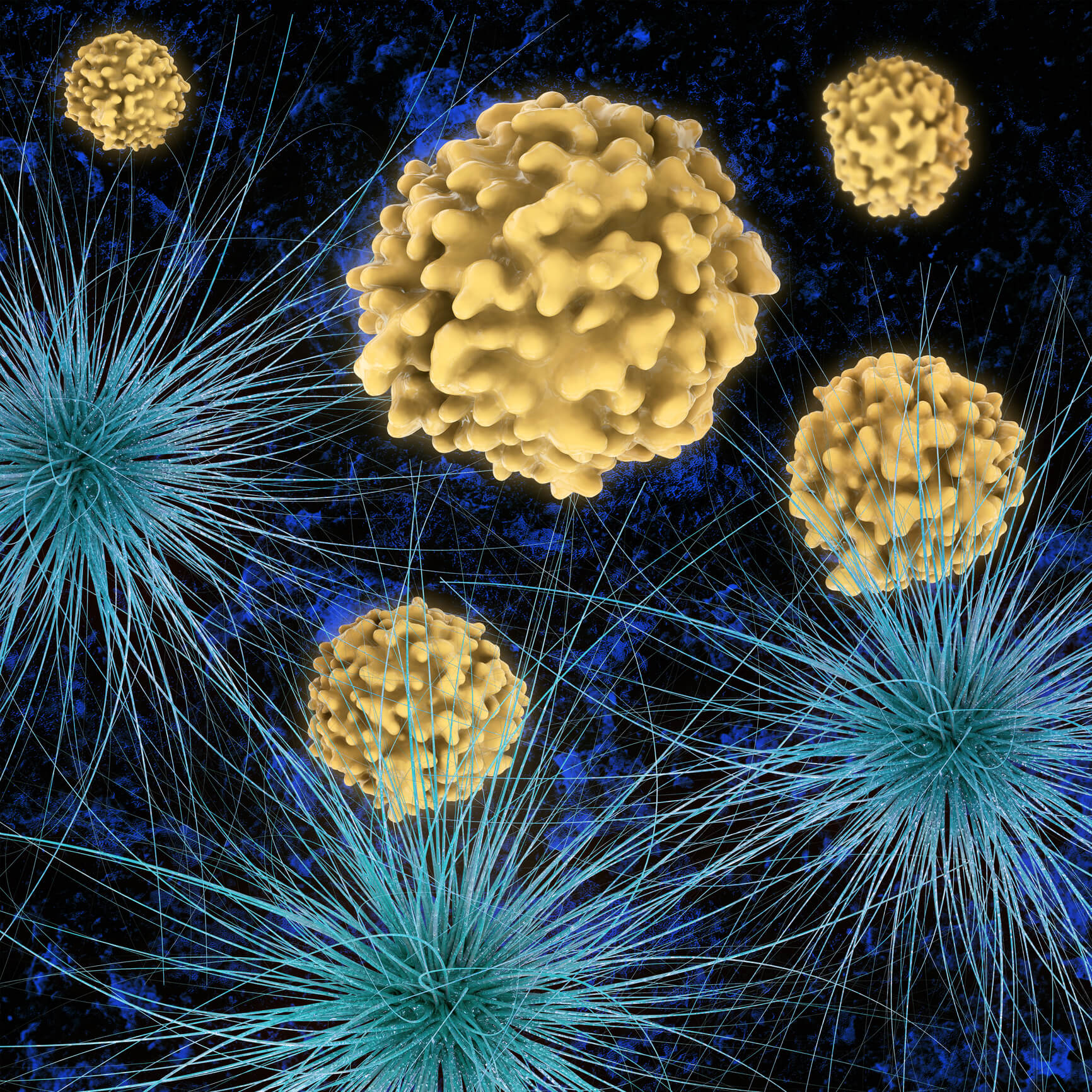
Good vs bad bacteria.
There are good bacteria and there are bad bacteria and there are bacteria that do nothing at all. Good helpful bacteria are vital for human function such as digestion, production of vitamin and to decay waste. Other bacteria can be harmful and can attack our body and release toxins causing diseases such as tetanus or botulism. And then there are some forms of dangerous bacteria that live on human skin, but cause no harm unless they are able to enter the blood stream.
What do they do?
When in balance, our bacteria protect us. The interplay among bacteria is complex and can impact almost every process in our body. We now see direct links to imbalances in the microbiome and the state of our immune health and psychological well-being. There is even a link between a weak microbiome and cancer. When in balance and functioning properly, bacteria communicate and train our immune cells while also secreting substances that destroy toxins. So they are designed to help strengthen our body’s natural protection (such as the skin’s lipid barrier).
To find out more, follow the links.
